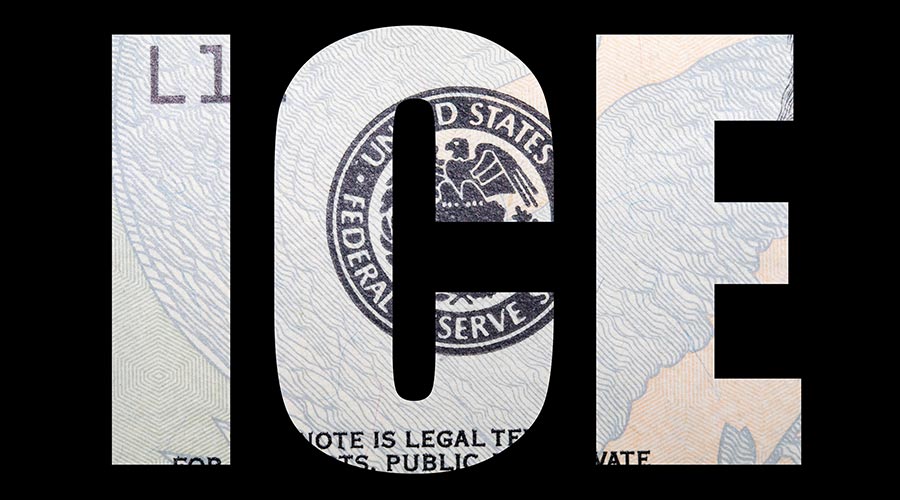
The commercial cleaning industry is heavily staffed with workers of varying nationalities and backgrounds. As a result, many are keeping a close eye on immigration rulings and enforcement practices. Meanwhile, as raids by Immigration and Customs Enforcement (ICE) continue, it's important that business owners know their rights.
A recent article from Inc. reported that almost any business can be inspected, but small businesses have been particularly targeted for raids by ICE. Those within 100 miles of the U.S. border, where ICE has more leeway, also rank high on the list.
This reality has workers scared, and many are afraid to leave their homes. The staffing struggles that result are impacting revenues for some businesses.
Whether it is part of a raid or an audit, immigration experts say there are a number of ways business owners can protect workers and their companies.
First, be prepared. It's smart to have legal counsel on standby. Also make sure all the employee records are in order. Federal law requires that every employee on the payroll has an I-9 form on file proving their authorization to work in the U.S. Inc. reporting recommends knowing right where these papers are, but don't be quick to hand them over.
In an I-9 audit, requests for records should come with proper paperwork from ICE — verbal request can be denied. Businesses have up to three days to produce the forms and experts recommend using that time. Consult legal counsel before providing the paperwork.
Once ICE reviews the I-9 forms, it may find that some employees are not authorized to work. Business owners will then have 10 days to either provide valid work authorization for these employees or end their employment.
A raid is less structured and comes without warning, normally with a warrant. In these situations, business owners are not required to confirm whether the person named on the warrant is working, nor do they have to identify them.
In these cases, documentation is essential. Collect badge numbers and names, as well as details about the visit. If possible, video record the entire event as there are restrictions of what ICE can do.
For example, ICE can enter any part of the business that is open to the general public, but they can be denied access to spaces beyond that without first getting permission. Owners should know which areas are and aren't off limits, marking the latter with 'employees only' signage, say reports.
For more about whether ICE can inspect personal belongings, what paperwork they need to access restricted spaces, and individual rights, click here for the full Inc. article.

 Celebrating BSCAI's 60th Anniversary eBook
Celebrating BSCAI's 60th Anniversary eBook The Down and Dirty on Cleaning in Virus Season
The Down and Dirty on Cleaning in Virus Season How Surfactant Use is Expanding in Commercial Cleaning
How Surfactant Use is Expanding in Commercial Cleaning